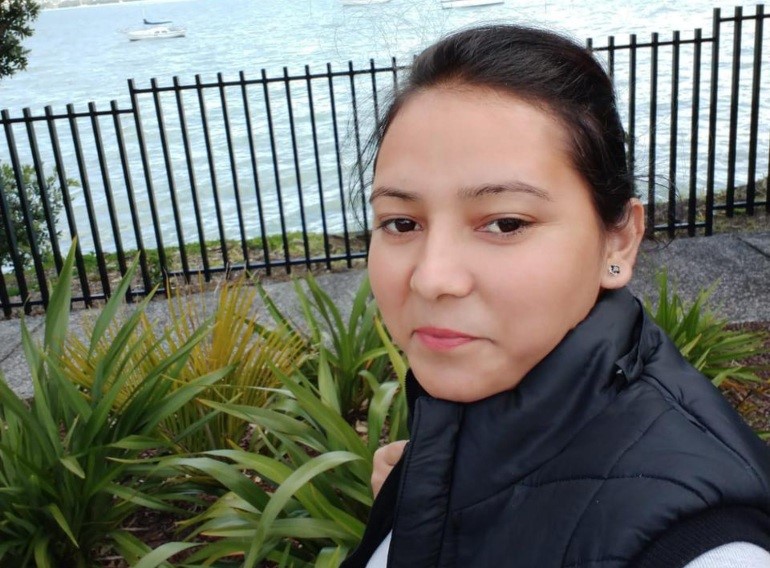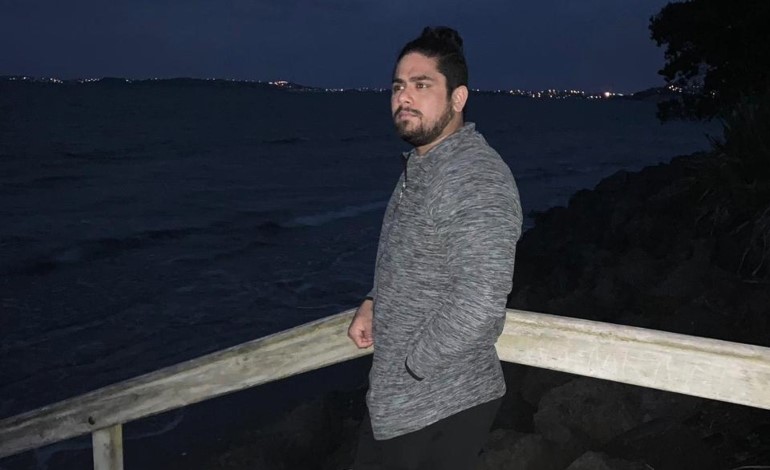Twenty-one-year-old Vippandeep Bibi was halfway through her Level 7 studies in business when she had to urgently return home to visit her sick mum on short 15-day vacations on March 13, 2020, when New Zealand borders were closed, and she was locked out of the country.
Following the advice by her education provider, she almost completed her remaining course online in subsequent months, in the hope that she would be able to save her year from going waste and her precarious visa situation would also be salvaged by Immigration New Zealand and the government, as and when times come for her to be allowed to return New Zealand.
The time has not come so far, and her visa has expired on August 20 last year, and she continues to wait desperately for any official communication from relevant authorities who can either give her any certainty or assurance or, even worse, deliver any harsh message and possibly give some closure.
However, Immigration New Zealand and the government remain as clueless as they were on the day of closing the borders on what will happen to people like Bibi, and there are tens of thousands of like her – living a life in a complete vacuum – without any information of what will happen to their visas and the lives that they had in New Zealand.
 Vippandeep Bibi (Photo: Supplied)
Vippandeep Bibi (Photo: Supplied)
Manjinder Singh (name changed), 39, is on a work visa that expires in two years and is currently onshore working as a courier driver. He was made to believe that he was amongst the luckier lot to be onshore at the time of border closure till the time he lost his father a month ago and realised that he could not re-enter New Zealand if he chose to visit for his father's funeral. Sadly, he made the heart-wrenching call to give his dad's funeral a miss, only to not lose his life in New Zealand.
Recently, bad luck hit him again, and his wife, who has been living overseas (as she could neither get a partnership visa nor an exception to travel to NZ based on the relationship with her spouse), was badly injured in an accident and admitted in a hospital.
Now Manjinder is facing stark choices between travelling overseas and providing care to his wife or remain put down and save almost ten years of the massive investment of his money, time and skills to build a life in New Zealand.
Immigration New Zealand and the government would not have firm assurance for him or temporary migrants like him as well and remain equally non-committal.
Temporary migrants who were ordinarily resident in NZ, currently on either side of borders (more outside of borders though), are living a life of complete darkness and uncertainty, one year after the borders were closed for them.
 Akash Kumar another international student locked out of the country (Photo: Supplied)
Akash Kumar another international student locked out of the country (Photo: Supplied)
Is this what they signed for before choosing to initiate a migration-journey to this country?
Tomorrow (March 19) marks the anniversary of the most unprecedented decision taken in the history of New Zealand when borders were closed for everyone except citizens and residents.
It also marks the anniversary of the decision that has singlehandedly changed the lives of temporary migrants ordinarily resident in New Zealand, and in some cases irreversibly forever.
It also marks the anniversary of the decision when "kindness" for temporary migrants was thrown under the bus by a government so self-immersed in projecting the messages of "kindness" for everyone.
It's another matter that the resounding electoral mandate that the government received in the last elections would let them falsely believe that what they did, and how they did, was completely right.
But it will certainly not exonerate them from the burden of destroying the lives of temporary migrants who had strong connections with New Zealand and had made huge investments to make NZ their home.
Why was border closure for temporary migrants not right?
Explaining the rationale of the decision to close borders, Prime Minister Ardern had then said, "All of the cases of COVID-19 identified in New Zealand relate to people travelling to New Zealand and bringing the virus with them – therefore, we need to further restrict the risk of people bringing the virus into New Zealand," Ardern said.
"All of the evidence to date is that returning New Zealanders understand the requirement for self-isolation, but I have become increasingly concerned that visitors to the country either may not be able to adequately self-isolate for 14 days or chose not to, and that is an unacceptable risk that we must eliminate," Ardern said.
It was the most bizarre clubbing together of short-term tourists and long-term temporary migrants and identifying them as the same source of risk for potentially spreading Coronavirus in the country.
While tourists were rightly expected to lack the motive and resources for successfully self-isolating for 14 days at any one place, temporary migrants never had that constraint for the simple reason that all of them would have a long-term accommodation available where they could have then self-isolated and posed a minimal risk of spreading Coronavirus.
However, no one ever challenged and contested that decision, including temporary migrants stuck overseas as well, in a falsified hope that they were also part of the new social construct of "team of five million" and had the best interest of NZ in their hearts.
They thought that border closure was a sudden and temporary response to deal with the dramatic surge of the virus, and they would not be at a risk of losing the life that they have so assiduously built over the years in New Zealand.
A lot of time has since passed, and New Zealand's response to the threat of Coronavirus coming from overseas has evolved, including the developing of full-fledged Managed isolation & Quarantine (MIQ) facilities, yet there seems to be no "kindness" and hope for temporary migrants.
The government had then acted like a quintessential deer caught in headlights and sadly continue to remain so, one full year after the sudden border closure, especially related to the situation of temporary migrants.
There is neither any vision nor any work under-process to return what has been so un-righteously taken away from temporary migrants by a government that has chosen to remain perennially "risk-averse" and "un-innovative" to act expeditiously and decisively.